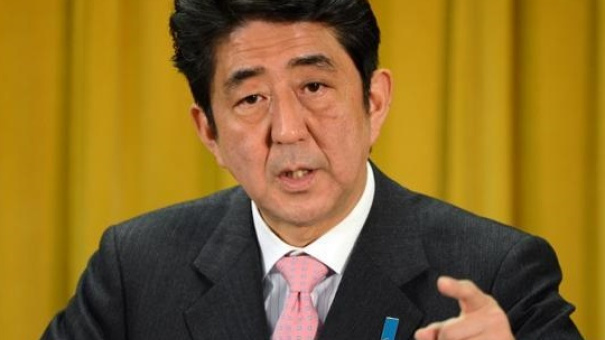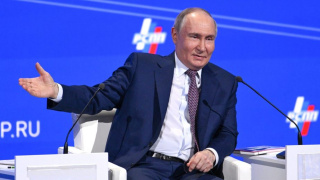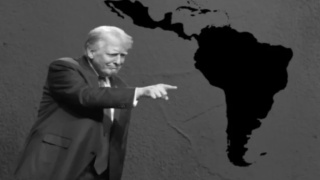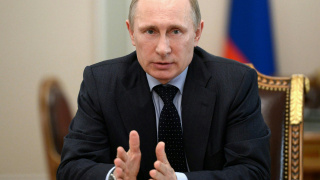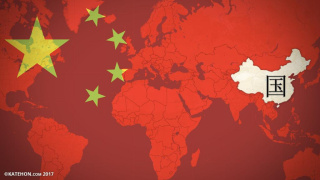See also
The Russian economy was confidently able to face the fierce economic war waged by the imperialist powers of the geopolitically Atlanticist maritime...
The post-WWII geo-political outcome effectively determined the post-war global economic structure. Both are now undergoing huge change. What remains...
A new ceasefire has been declared in Syria. In accordance with the agreement reached by Russia and the United States, from midnight September 12...
For more than two centuries since the Monroe Doctrine, the United States has considered Latin America its backyard and, under various pretexts...
Russian Ground Forces Commander General Oleg Salyukov stated that Moscow plans to form the divisions in the western and central regions of the...
One of the favourite delusions of the people Scott Ritter calls the “Putin whisperers” is that Russia or Putin – to them the two are synonymous – are...
The Syrian army command has confirmed that Aleppo has been entirely liberated.
Last week the US Senate doubled down on one of the few tasks left to it in an era of Imperial Presidencies: voting up or down on a President’s...
Trump is departing from classical geopolitics founded on the confrontation of Land and Sea. It is on this framework that rested the Great Game...
Today, the first Russian-Pakistani military exercises in history, “Friendship-2016”, begin. Meanwhile, the Russian-Indian maneuvers codenamed "Indra-...
